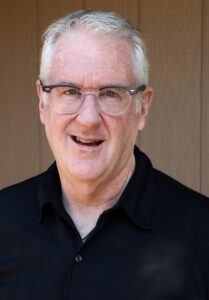
Last fall, at a gathering of ministry leaders who are all part of a Lilly Endowment grant program called “Christian Parenting and Caregiving,” I went to a workshop led by Craig Gould, the program director at the McGrath Institute for Church Life at the University of Notre Dame. His workshop was titled “Mobilizing Churches Through Story”—it was a deep dive into the power stories have to build our communities and make new connections. Gould says that God has engineered us to run on relational fuel in our life, and that means our stories are the primary way we build faithful communities.
According to Gould, this is the missional question that leads all our ministry-building efforts: “What is your story?” Where the culture around us is primarily interested in labels, slotting people according to their value in the culture, the followers of Jesus are primarily interested in stories, helping people feel known and beloved because their stories are known and beloved. We never accept labels for people instead of their story.
So, why are stories so important in relationship-building?
Discovering Treasure Buried In the Field
Researchers with Springtide have spotlighted “relational authority” as the primary way young people today are influenced by leaders. Positional authority and expertise matter little to them—young people invite people to influence them because they respect the way they are pursued relationally. This is especially true for Gen Z, but is also true for all of us on some level. And the primary way we exercise relational authority is by paying ridiculous attention to a person’s story—to treat their story as if it’s a treasure buried in a field or a costly pearl buried in a bin full of plastic knockoffs.
Our stories, says Gould, counteract generational separation; both young people and adults can find a deep bond in a shared and ongoing story. Throughout history, shared stories helped succeeding generations understand and embrace their identity. Story moves us into the meta-narrative of our family, our neighborhood, our hometown, our nation, and our world. And, more profoundly, story helps us deeply connect to the larger story we’re living into—the life, death, and resurrection of Jesus.
Stories help us to engage the three tasks of growing into maturity: 1) Identity (our past), 2) Belonging (our present), and 3) Purpose (our future). As we invite the stories of others, and respond to their invitation to share our own, we discover who we are, where we belong, and what God has called us to do. Gould offers four questions that can help us invite the stories of people in our community:
- Can you tell me where you felt challenged today?
- Can you tell me when you felt joy?
- How were you a blessing today?
- How was someone a blessing for you?
Sacred Storytelling In Your Congregational Culture
At one point, Gould had us pair-up with another workshop participant to share with each other, using this prompt: What’s one story that would best help you understand who I am? I shared with my partner, Stephanie, the story of my startling encounter with Jesus when I was struggling to make sense of a sudden and deep disillusionment…
I’d been asked to speak at a major ministry leadership conference. The organizers wanted me to lead a three-hour pre-conference session, and asked me to do something new—not a “canned” presentation I’d done before. So, for the first time, I led people through an experience I call “Jesus-Centered Ministry.” The premise was simple: what would happen if we tied everything we do in ministry back to one missional priority—helping people experience a deepening intimacy with Jesus. It was a powerful, electric experience—and I left that gathering eager to experience the rest of the conference. I fed my hyper-curiosity by popping into as many workshops and keynotes as I could jam in. But I felt disoriented and strangely dulled by all of the standard ministry tips-and-techniques I was hearing.
As evening crept in, that deadness spread into a kind of depression. I wandered around the vast, crowded atrium of the conference center in a daze, finally sinking into an overstuffed chair that sat like an island in the middle of a rushing river of people. I needed to pray, to retreat into myself, and it wasn’t hard to get lost in the throng. In my little cone of silence, I pleaded with Jesus: “Why, why, why am I feeling this way?” Tears streamed down my cheeks. And then, in one of those moments when the voice of Jesus is so clear that it feels nearly audible, these words cut through my fog: “You’re bored by everything but me now.”
I told Stephanie that I knew Jesus was telling me the truth as soon as I heard it—my eyes brightened and the weight I felt on my shoulders was suddenly gone. He had explained the mystery of my sadness perfectly. The “try harder to get better” strategies for spiritual growth I’d been working at my whole adult life had been exposed as annoying background noise. After tasting the intoxicating presence of Jesus more viscerally, I was hungering for relational intimacy, not linear paths to excellence in ministry. In less than five minutes, Stephanie now knew something deeply important to me, and we had a bond that felt, on some level, sacred.
Stephanie, in turn, shared her own life-changing story. She and her family had been on a mission trip to Kenya, where they’d been robbed and kidnapped by attackers on the street. Their two boys were 10 and 7 at the time. And the four of them were blindfolded and taken to a house where they were kept, with no explanation of what they intended to do with them. Her husband was allowed outside of the house for brief stretches, just to get food and water—but Stephanie and her boys were not allowed out, and her husband knew they’d be harmed if he did not return. Finally, her husband was able to tell someone on the outside about the kidnapping, and law enforcement descended on the house to release them, 15 days after they were first abducted.
Again, in less than five minutes our sacred bond had grown. Gould asked us to share with each other our response to a follow-up question: What does this story mean for you going forward? This, he explained would help us move past “what happened” into “what meaning does that have.” And after Stephanie and I shared our answers, Gould then asked one final follow-up question: How did that make you feel?
This story-sharing progression helped us move from our personal narrative to a communal narrative—we gave each other the gift of “I can relate.” Our communal narrative then gives us an experience of belonging in the broader story. In most of our stories, we find connection with a shared challenge: there is something in our story that we are trying to overcome. And our over-arching narrative as followers of Jesus always includes something that challenges us, or is trying to “take us out.” Remember, Paul says: “Our struggle is not against flesh and blood…” (Ephesians 6:12). When we tell our stories of challenge, we are connecting to the micro-stories of our lives, and the macro-story of God’s mission on Earth.
Take Your Next Steps
The more we practicing story-mining with others, and offer our own vulnerability in sharing our stories, we build our communities on an immovable foundation—the brick-by-brick contributions of sacred stories that move us from a gathering of people to the Body of Christ. We created our new resource, The Sacred Stories Project, has a practical way to launch a story-mining norm in your congregational culture. It’s a multimedia resource that offers your people a simple, safe, and “normal” way to share aspects of their story in natural, genuine ways. And you get a more connected, honest, and “known” congregation. It’s four guided sessions with accompanying video segments from Adam Young, trauma counselor and host of the podcast The Place We Find Ourselves. I encourage you to take a next step toward close-knit community and use The Sacred Stories Project to fuel your momentum.

Rick Lawrence is Executive Director of Vibrant Faith—he created the new curriculum Following Jesus. He’s editor of the Jesus-Centered Bible and author of 40 books, including his new release Editing Jesus: Confronting the Distorted Faith of the American Church, The Suicide Solution, The Jesus-Centered Life and Jesus-Centered Daily. He hosts the podcast Paying Ridiculous Attention to Jesus.



